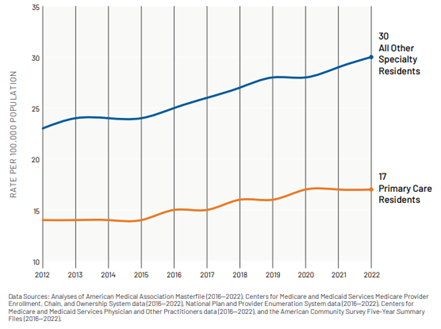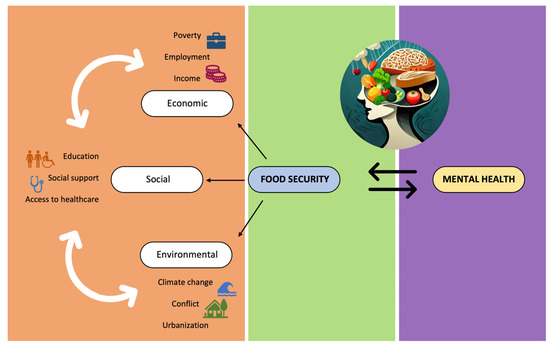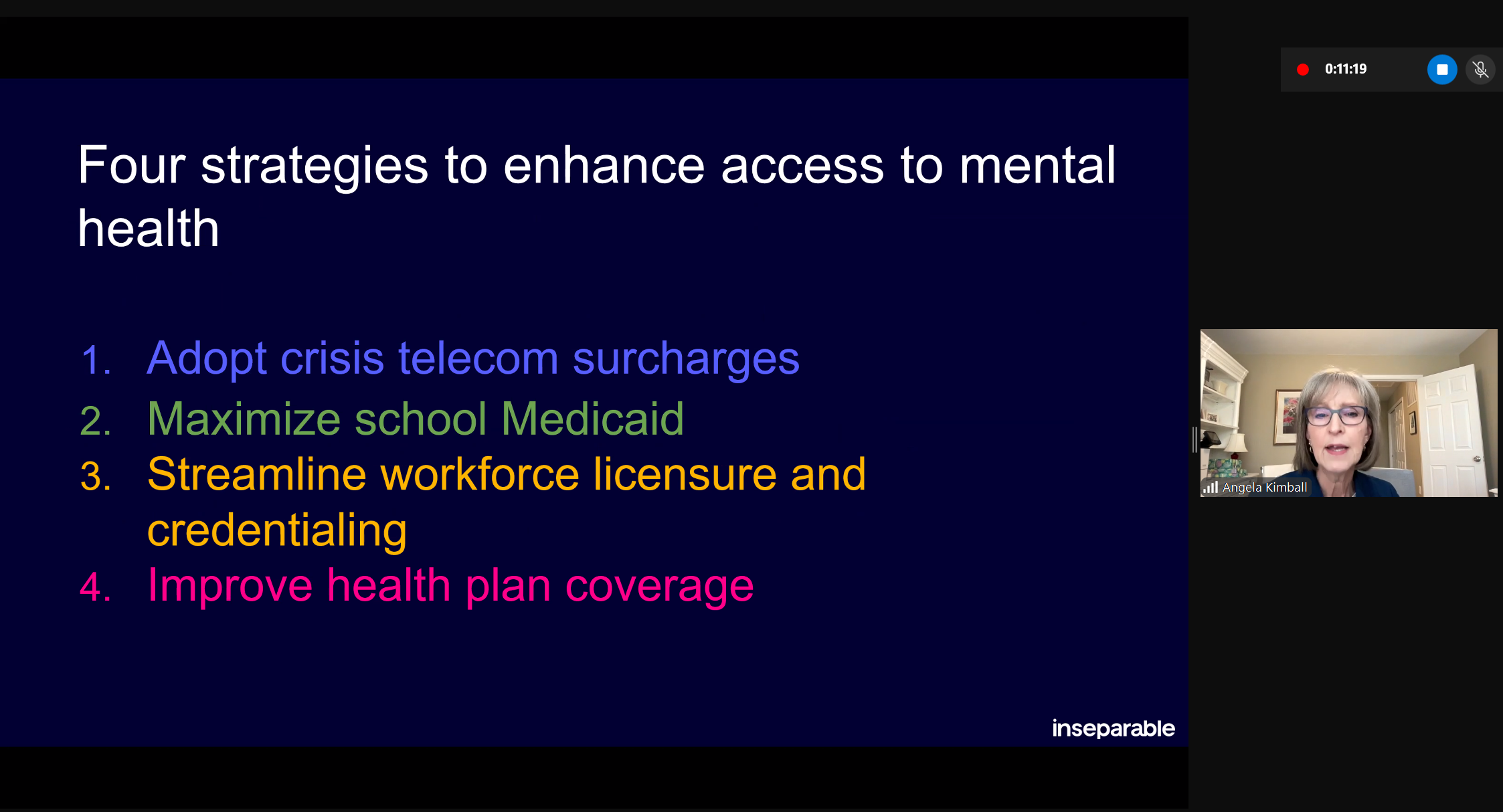Governors’ education policy advisors convened in Phoenix, Arizona to share gubernatorial strategies in top K-12 education priority areas. Advisors learned from each other and national experts during group panels and small roundtable discussions.
The National Governors Association (NGA) and Education Commission of the States (ECS) hosted a bipartisan mix of more than 25 Governors’ education policy advisors for a K-12 Education Summit in Phoenix, Arizona from May 24-26, 2023. Throughout the Summit, Governors’ advisors and national and state experts discussed Governors’ top education priorities, including in the areas of academic supports, education finance, educator workforce and student, family and school staff well-being. Governors’ offices also had an opportunity to hear from National Teachers of the Year and a current principal on current challenges and opportunities in K-12 education and what they’re hearing from educators and students in classrooms and schools across the country.
It was an honor to have Governor Katie Hobbs of Arizona provide welcoming remarks on the first day of the Summit. The Governor shared her education vision and priorities and emphasized the importance of the Governors’ advisors’ roles in the work of improving education in their states.
Developing a K-12 Education Policy Agenda
The convening featured sessions with former Governor Bob Wise of West Virginia; Dale Erquiaga, Acting Chancellor of Nevada’s System of Higher Education and former Superintendent of Public Instruction and Chief Strategy Officer for Governor Brian Sandoval of Nevada; Dr. Vicki Phillips, CEO of National Center on Education and the Economy and former Secretary of Education under the leadership of Governor Ed Rendell of Pennsylvania; Dr. Melody Schopp, Director of Education Industry of Consulting at SAS Institute and former Secretary of Education under Governor Dennis Daugaard of South Dakota; and Gene Wilhoit, CEO of the Center for Innovation in Education and former Director of the Arkansas Department of Education and former Commissioner of the Kentucky Department of Education under four Governors. Each panelist shared their expertise and advice on approaches and levers for developing and sustaining a strong state K-12 education agenda, including ways to engage legislators, state education board members, business leaders, parents, families, and communities in these efforts.
Voices From the Field
Governors’ offices also heard from accomplished educator voices throughout the convening. Krista Adams, Principal at Stevenson Elementary School in Mesa, Arizona; Jeff Charbonneau, 2013 National Teacher of the Year; Kurt Russell, 2021 National Teacher of the Year; and Sarah Brown Wessling, 2010 National Teacher of the Year each spoke about the current needs of school staff and students, and how policy has directly affected their classroom experiences. Panelists emphasized the importance of engaging student voice, strengthening the teaching profession, addressing students’ academic and well-being needs, and ensuring coordination between K-12, postsecondary education, and the workforce. Adams discussed Stevenson Elementary School’s partnership with the Next Education Workforce program at Arizona State University, which she used to redesign her school’s staffing model to increase teacher leadership and collaboration.
Academic Supports & Summer Learning and Enrichment
For many states, students’ learning was severely impacted by the COVID-19 pandemic. To address this challenge, Governors have invested state and federal funding in intensive tutoring, summer learning and enrichment programs, literacy and math strategies and initiatives to stem chronic absenteeism. NGA held an expert roundtable on this topic in December 2022 to help guide Governors’ offices in this area, attendees heard from a range of national and state experts. Commissioner Charlene Russell-Tucker of the Connecticut State Department of Education spotlighted the state’s Learner Engagement and Attendance Program to help combat chronic absenteeism. Sara Kerr of Results for America and Ed Research for Action provided evidence-based practices for implementing high-quality tutoring and for evaluating program effectiveness and sustainability. Dr. Allison Crean Davis and Dr. Jill Lammert, Co-Directors of the National Comprehensive Center, shared expertise on summer learning and enrichment programs. Dr. Kymyona Burk of ExcelinEd and Ralph Smith of The Campaign for Grade-Level Reading shared their expertise regarding literacy strategies and the science of reading.
Education Finance
A session on K-12 education finance featured Jennifer Schiess of Bellwether and Kathryn Vesey White of the National Association of State Budget Officers. Kathryn shared state education budget trends and priorities and Jennifer shared insights from Bellwether’s recent Fortifying Funding: How States Can Strengthen Education Finance Systems for the Future report, including approaches for prioritizing and sustaining investments made during the pandemic.
Educator Recruitment and Retention
With increased school staff shortages, Governors continue to address educator recruitment and retention within their states. Ryan Saunders of Learning Policy Institute emphasized the importance of principal preparation and the impact principals have on teacher retention and students’ academic achievement. New America’s Amaya Garcia provided an overview of Grow Your Own programs and high-quality teacher apprenticeship models. Dr. Heather Peske of the National Council on Teacher Quality, shared the need for teacher preparation to bolster a diverse, quality workforce. Dr. Bryan Hassel of Public Impact provided an overview of teacher leadership systems, including Public Impact’s Opportunity Culture initiative, and teacher compensation trends.
Student, Family and School Staff Well-Being
Student and staff well-being continues to be a priority area for Governors. Building off a recent technical assistance project and a February 2023 expert roundtable on this area, for this session, experts focused on strategies for addressing student mental health and well-being; school safety; wraparound supports and community schools; parent and family engagement; and cross-agency collaboration. Dr. Britt Patterson of the National Center for School Mental Health shared promising practices such as the SHAPE system for addressing the mental health and well-being of students, including to address school safety. José Muñoz of the Coalition for Community Schools shared models for investing in integrated student supports, wraparound services, and community schools. Reyna Hernandez of the National Association for Family, School, and Community Engagement provided actionable strategies for strengthening parent and family engagement. Mishaela Durán of the Forum for Youth Investment, highlighted the importance of children’s cabinets to coordinate across state agencies to improve student well-being.
The K-12 Education Summit provided a forum for Governors’ education policy advisors to learn from each other and national and state experts. We look forward to continuing these important conversations at upcoming convenings of bipartisan Governors’ offices in July and October.
Please visit NGA’s K-12 Education page for ongoing updates.
For more information on this topic, please contact Seth Gerson (sgerson@nga.org) or Jillian Meinhardt (jmeinhardt@nga.org).












